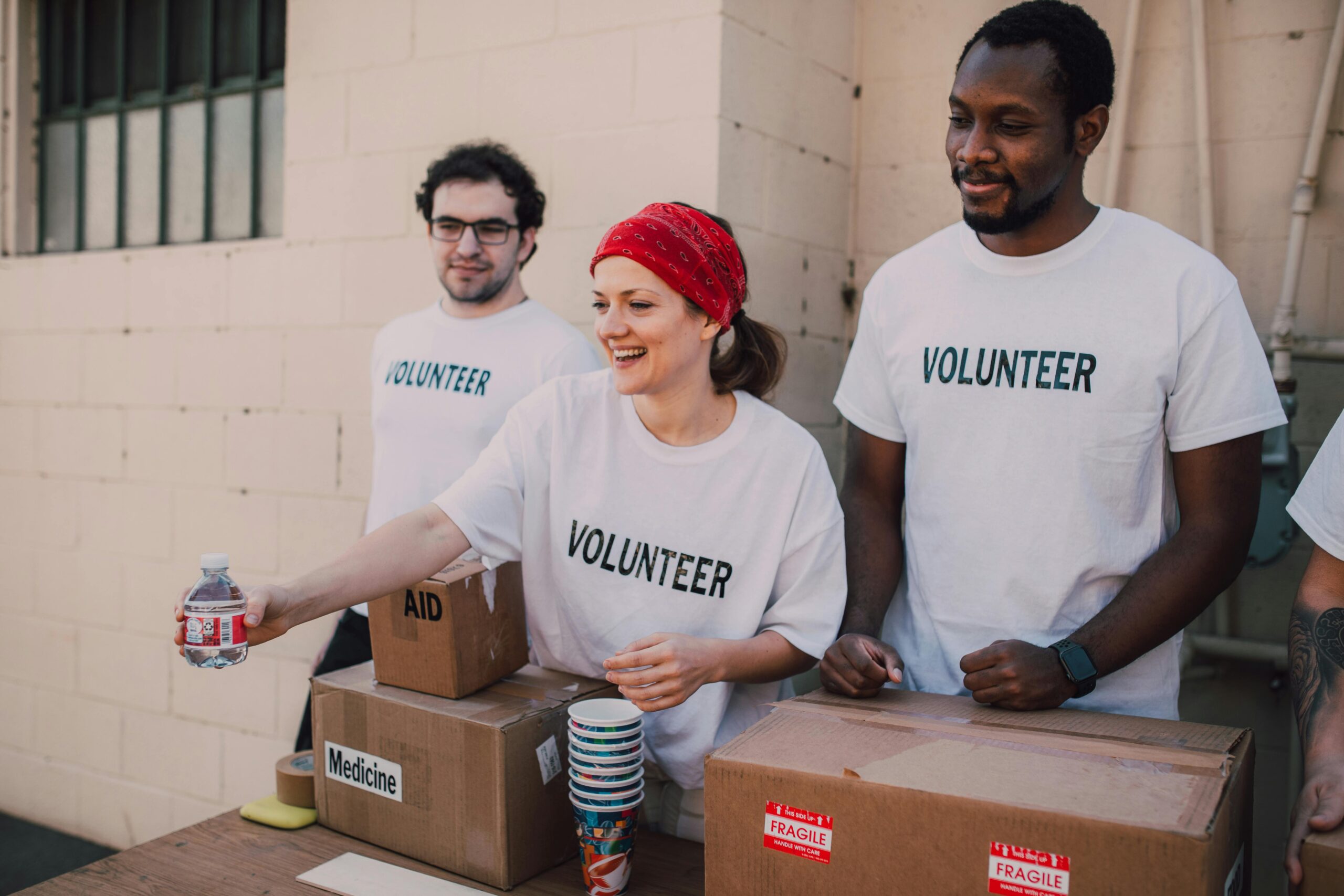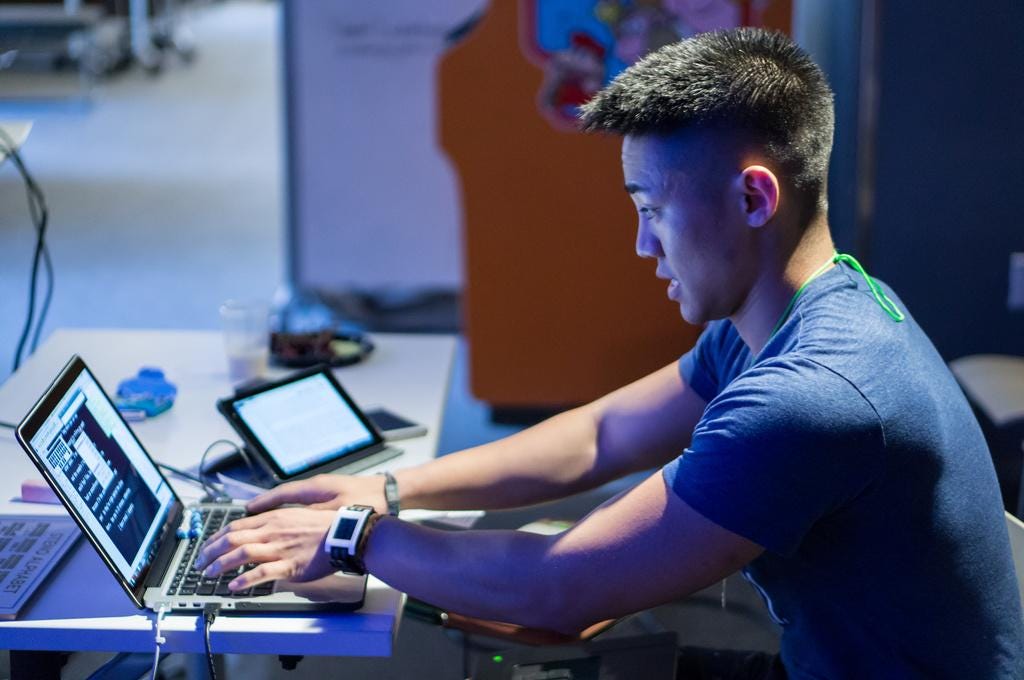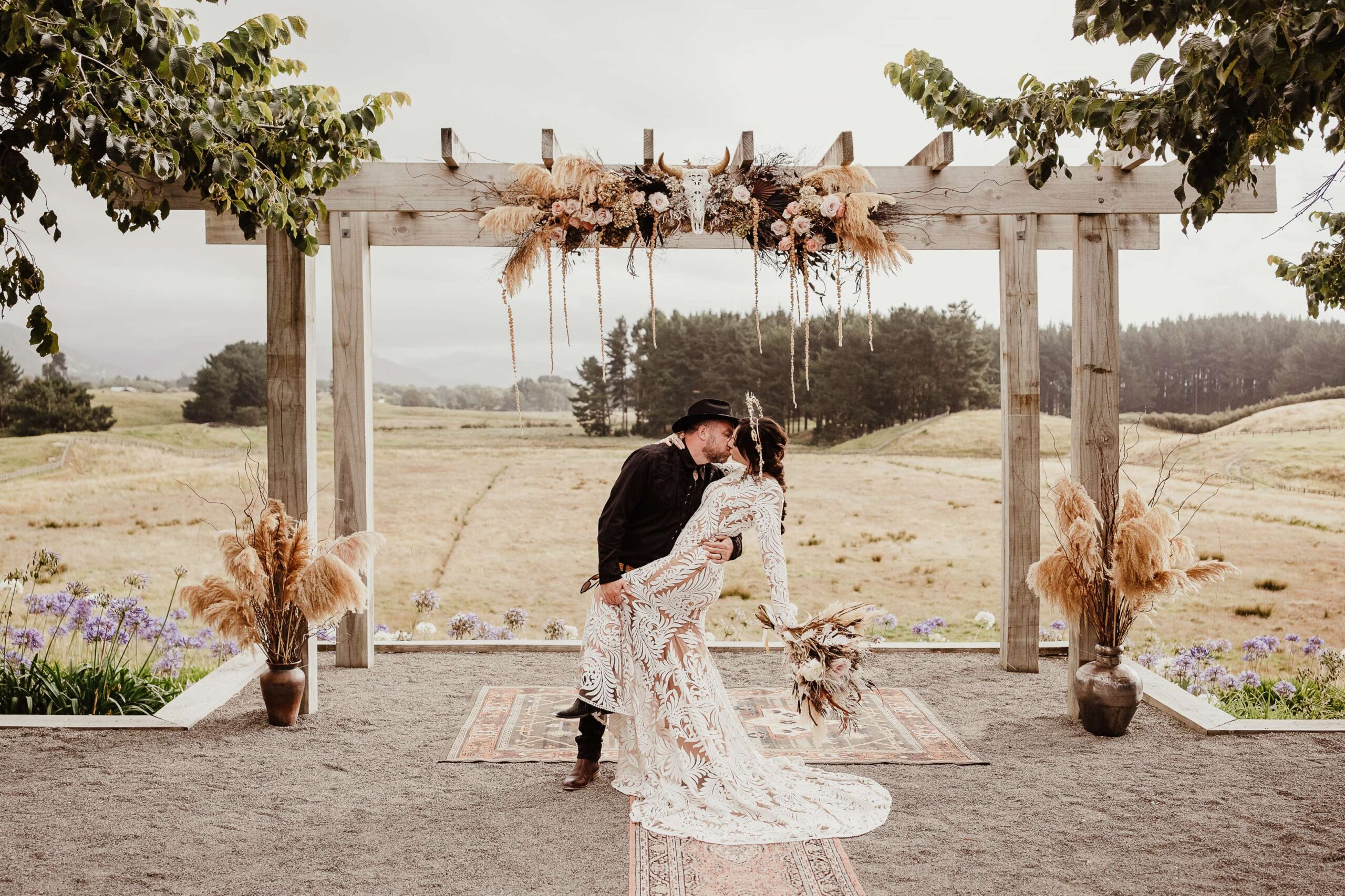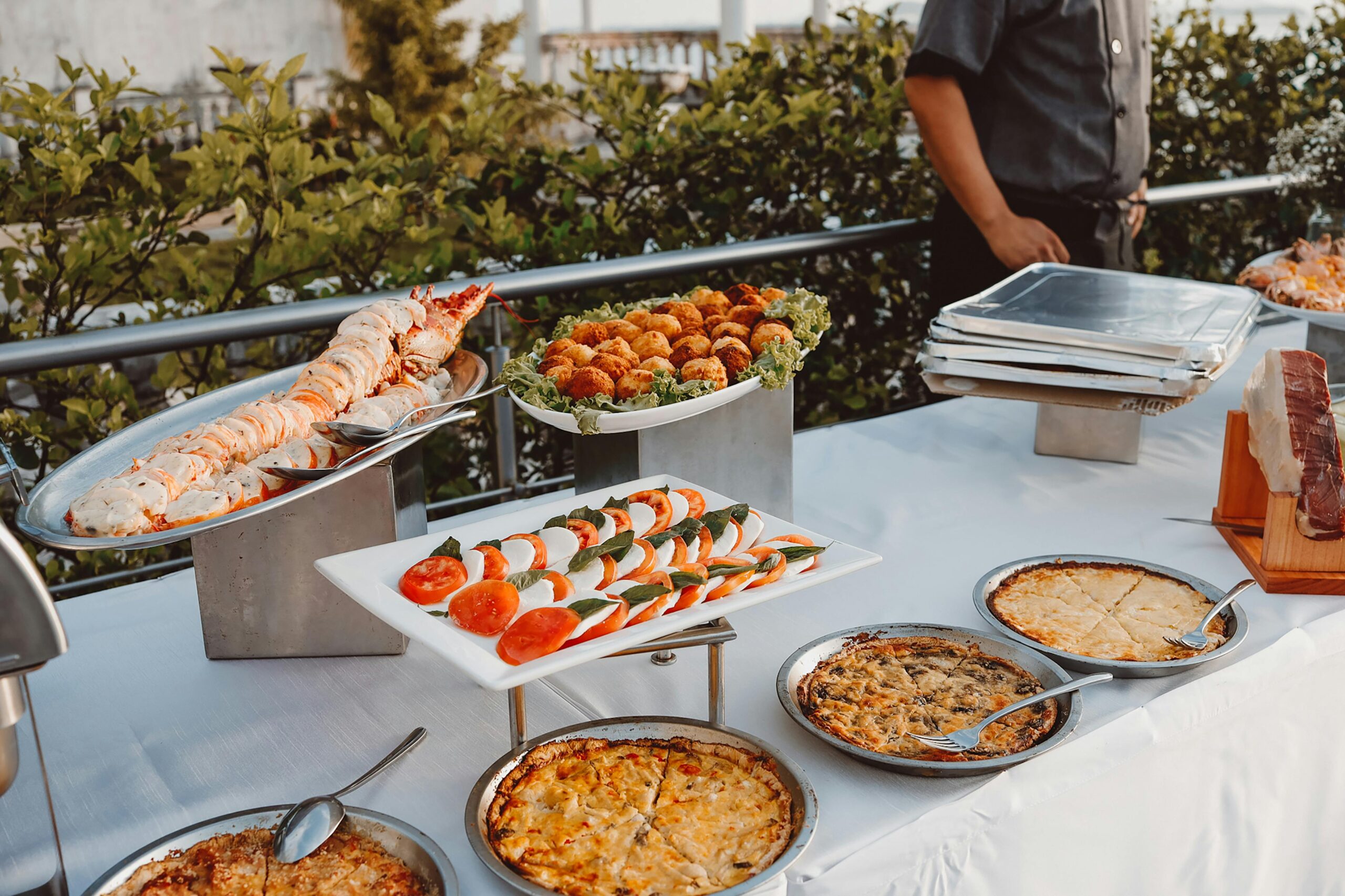Event Planning and Luxury Experiences: Crafting Unforgettable Moments
Introduction
Event planning and luxury experiences are two intertwined fields that focus on creating exceptional, memorable moments for clients. Whether organizing a high-profile corporate event, a lavish wedding, or an exclusive private party, event planners and luxury experience curators strive to deliver extraordinary experiences that exceed expectations. This comprehensive article explores the nuances of event planning and luxury experiences, examining best practices, trends, and the key elements that contribute to creating unforgettable events.
1. The Art of Event Planning
Event planning is a multifaceted discipline that involves organizing and coordinating various elements to ensure a successful and seamless event. From concept development to execution, event planning requires meticulous attention to detail, creativity, and problem-solving skills.
1.1 Understanding Client Needs and Goals
The foundation of successful event planning begins with understanding the client’s needs and objectives:
- Client Consultation: Conducting thorough consultations with clients to understand their vision, preferences, and goals for the event.
- Defining Objectives: Establishing clear objectives for the event, such as brand awareness, celebration, networking, or fundraising.
- Budget Consideration: Working within the client’s budget to allocate resources effectively and make informed decisions about vendors, venues, and services.
1.2 Developing the Event Concept
Creating a compelling event concept is essential for setting the tone and direction of the event:
- Theme and Style: Selecting a theme or style that aligns with the client’s vision and objectives. Themes can range from formal and elegant to casual and whimsical.
- Venue Selection: Choosing a venue that fits the event’s theme, size, and logistical requirements. Factors to consider include location, capacity, ambiance, and facilities.
- Event Design: Designing the event’s layout, decor, and aesthetics to create a cohesive and visually appealing experience.
1.3 Coordinating Logistics
Effective logistics coordination ensures that every aspect of the event runs smoothly:
- Vendor Management: Identifying and managing vendors for catering, entertainment, audiovisual equipment, and other services. Building strong relationships with reliable vendors is crucial for event success.
- Scheduling: Creating a detailed timeline that includes event setup, activities, and breakdown. Ensuring that all stakeholders are aware of and adhere to the schedule.
- Guest Management: Handling guest invitations, RSVPs, and communication. Providing clear instructions and information to guests to enhance their experience.
1.4 Execution and On-Site Management
The execution phase involves overseeing the event’s day-of operations:
- On-Site Coordination: Managing the event on-site to ensure that everything is running according to plan. Addressing any issues that arise promptly and effectively.
- Guest Experience: Ensuring that guests have a positive experience by providing excellent service, managing flow, and addressing any concerns.
- Post-Event Evaluation: Conducting a post-event evaluation to assess the event’s success, gather feedback, and identify areas for improvement.
2. Luxury Experiences: Defining Opulence and Exclusivity
Luxury experiences are characterized by their exclusivity, attention to detail, and exceptional quality. Creating luxury experiences involves curating personalized, high-end offerings that cater to discerning clients seeking unique and memorable moments.
2.1 Understanding Luxury Preferences
Luxury experiences are tailored to meet the preferences and expectations of high-net-worth individuals:
- Personalization: Offering bespoke services and experiences that are customized to the client’s tastes and preferences. This may include personalized itineraries, exclusive access, and unique activities.
- Attention to Detail: Paying meticulous attention to every detail, from the quality of service to the presentation of food and decor. Luxury experiences are defined by their flawless execution and exceptional quality.
- Exclusivity: Providing access to exclusive venues, events, and activities that are not available to the general public. This exclusivity enhances the sense of prestige and privilege associated with luxury experiences.
2.2 Curating Unforgettable Luxury Events
Creating luxury events involves a high level of sophistication and creativity:
- High-End Venues: Selecting prestigious and unique venues that offer an extraordinary setting for the event. Examples include private estates, luxury yachts, and exclusive resorts.
- Gourmet Catering: Offering gourmet cuisine and fine dining experiences, often curated by renowned chefs. This includes exceptional food presentation, bespoke menus, and high-quality ingredients.
- Entertainment and Experiences: Providing top-tier entertainment and experiences, such as live performances, celebrity appearances, and immersive activities. These elements add to the exclusivity and excitement of the event.
2.3 Trends in Luxury Experiences
The luxury experience industry is continually evolving, with new trends and innovations shaping the market:
- Experiential Travel: Offering unique and immersive travel experiences, such as private guided tours, luxury safaris, and bespoke itineraries tailored to individual preferences.
- Wellness and Relaxation: Integrating wellness elements into luxury experiences, including spa treatments, wellness retreats, and holistic experiences that focus on relaxation and rejuvenation.
- Technology Integration: Utilizing advanced technology to enhance luxury experiences, such as virtual reality tours, personalized apps, and high-tech amenities.
3. Key Elements of Successful Event Planning and Luxury Experiences
To create exceptional events and luxury experiences, several key elements must be considered:
3.1 Creative Vision and Innovation
A successful event or luxury experience often involves a creative vision and innovative approach:
- Unique Concepts: Developing original and imaginative concepts that stand out and leave a lasting impression. This may involve incorporating unique themes, interactive elements, or unconventional ideas.
- Design and Aesthetics: Focusing on design elements that create a visually stunning and cohesive atmosphere. This includes decor, lighting, and ambiance that align with the event’s theme and objectives.
3.2 High-Quality Service and Personalization
Delivering high-quality service and personalization is crucial for creating memorable experiences:
- Exceptional Service: Providing attentive and professional service that exceeds client expectations. This includes courteous staff, prompt responses, and a commitment to excellence.
- Personal Touches: Adding personal touches and bespoke elements that cater to the client’s preferences and create a sense of exclusivity. This may include personalized gifts, tailored experiences, and individualized attention.
3.3 Effective Communication and Coordination
Clear communication and coordination are essential for smooth execution:
- Stakeholder Coordination: Ensuring that all stakeholders, including clients, vendors, and staff, are aligned and informed throughout the planning and execution phases.
- Crisis Management: Preparing for and addressing any unforeseen challenges or issues that may arise during the event. Having contingency plans in place and maintaining flexibility is crucial for successful problem-solving.
3.4 Post-Event Follow-Up and Evaluation
Post-event follow-up and evaluation provide valuable insights and feedback:
- Client Feedback: Gathering feedback from clients and guests to assess their satisfaction and identify areas for improvement. This feedback can inform future events and enhance overall service quality.
- Event Analysis: Analyzing the event’s performance, including attendee engagement, logistical effectiveness, and overall success. Using this analysis to refine and improve future events.
4. Case Studies of Notable Events and Luxury Experiences
Examining successful events and luxury experiences provides insight into best practices and strategies:
4.1 High-Profile Corporate Events
Corporate events often aim to enhance brand reputation, foster networking, and celebrate achievements:
- Tech Conference: A global tech conference hosted by a leading technology company featured keynote speakers, interactive workshops, and product demonstrations. The event was held at a state-of-the-art convention center, with meticulously planned sessions and networking opportunities that showcased the latest innovations in technology.
- Luxury Gala: An annual charity gala hosted by a high-profile organization included a red-carpet arrival, gourmet dinner, and live auction. The event was held at a historic mansion, with exquisite decor, entertainment by renowned artists, and a significant fundraising impact for the charity.
4.2 Exclusive Private Events
Private events often focus on creating intimate and personalized experiences:
- Bespoke Wedding: A high-end wedding organized for a celebrity couple included a custom-designed venue, gourmet catering, and a performance by a world-famous artist. The event featured personalized touches, such as custom wedding favors and a unique ceremony location.
- VIP Retreat: A luxury retreat for a select group of high-net-worth individuals included private accommodations, personalized wellness treatments, and exclusive activities such as yacht excursions and private wine tastings. The retreat was designed to provide relaxation, indulgence, and unique experiences tailored to the clients’ preferences.
5. Trends and Future Directions in Event Planning and Luxury Experiences
The event planning and luxury experience industries are continuously evolving, with new trends and directions shaping the future:
5.1 Sustainability and Eco-Friendly Practices
Sustainability is becoming a key consideration in event planning and luxury experiences:
- Eco-Friendly Venues: Choosing venues that prioritize sustainability and environmental responsibility, such as green-certified buildings and eco-friendly event spaces.
- Sustainable Practices: Implementing practices such as waste reduction, recycling, and using locally sourced and organic products to minimize the environmental impact of events.
5.2 Integration of Technology
Technology continues to play a significant role in enhancing events and luxury experiences:
- Virtual and Hybrid Events: Offering virtual and hybrid event options to reach a wider audience and provide flexibility for attendees. This includes live streaming, virtual networking, and interactive online experiences.
- Smart Technology: Incorporating smart technology into events, such as automated lighting, digital registration systems, and interactive displays to enhance the overall experience.
5.3 Experiential and Immersive Elements
Experiential and immersive elements are becoming increasingly popular in luxury experiences:
- Interactive Experiences: Creating interactive and engaging experiences, such as immersive installations, augmented reality, and hands-on activities that involve guests and create memorable moments.
- Thematic Experiences: Designing thematic experiences that transport guests to different worlds or eras, such as historical reenactments, fantasy-themed events, or cultural immersions.
Conclusion
Event planning and luxury experiences are dynamic fields that require creativity, meticulous planning, and a commitment to excellence. By understanding the principles of event planning, curating luxury experiences, and staying abreast of trends and innovations, event planners and luxury experience curators can create exceptional, memorable moments that exceed expectations.
Whether orchestrating a high-profile corporate event, a lavish wedding, or an exclusive private gathering, the key to success lies in delivering personalized, high-quality experiences that leave a lasting impression. Embracing innovation, focusing on details, and prioritizing client satisfaction are essential for crafting unforgettable events and luxury experiences that stand out in an ever-evolving industry.









